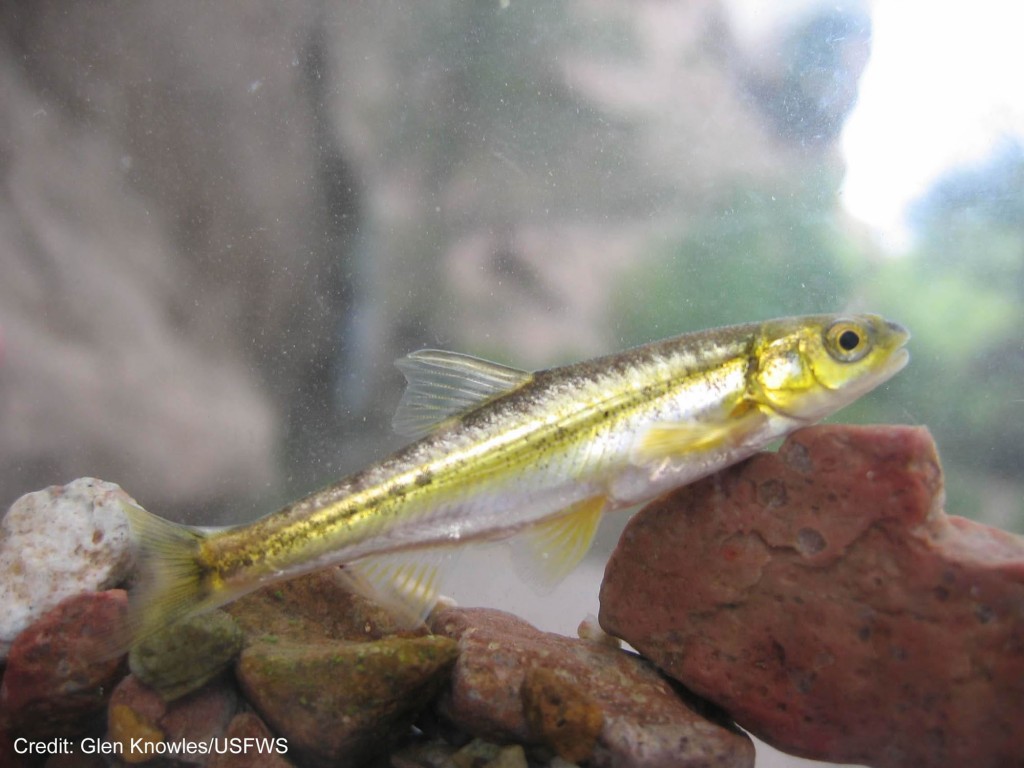Updates coming 2024!
Section 1- Name and Objectives
The name of this organization shall be the Mid-Canada Chapter of the American Fisheries Society, hereinafter referred to as the Chapter. The objectives of the Chapter shall be those of the American Fisheries Society as set forth in Article 1 of the constitution, and to encourage the exchange of information by members of the Society belonging to this Chapter.
Section 2- Membership
The membership of the Chapter shall be composed of those American Fisheries Society members in good standing residing in, working in, or having a professional interest in the provinces of Alberta, Saskatchewan, Manitoba and in the Northwest Territories.
Section 3- Meetings
The Chapter shall hold at least one meeting annually at a time and place designated by the Executive Committee. The program and presentation of papers shall be the responsibility of the Program Committee.
Section 4- Officers
The officers of the Chapter shall consist of a President, President-elect, and a Secretary- Treasurer.
Officers shall be elected at the annual meeting or by mail ballot. The Secretary-Treasurer may hold office for a period longer than one year, but the term of the other officers shall be one year. In case of a vacated position, the Executive Committee shall appoint a qualified replacement to fill an unexpired term. In the event of a cancellation of an annual meeting, the officers and the members of any committees shall continue to serve until the next scheduled meeting.
Section 5 – Duties of Officers
The President of the Chapter shall preside at all meetings, serve as Chairperson of the Executive Committee, represent the Chapter on the Executive Committee of the North Central Division and at the American Fisheries Society meetings, and make appointments and perform other duties and functions as are authorized.
The President-elect shall be Chairperson of the Program Committee and assume the duties of the President if the latter is unable to act.
The Secretary- Treasurer shall keep the official records of the Chapter; submit a copy of the Minutes of the annual business meeting to the Executive Director of the Society and the Secretary-Treasurer of the North Central Division within 30 days after said meetings; collect and be the custodian of any funds collected or allotted to the Chapter. The Secretary-Treasurer shall disburse funds as authorized by the Executive Committee or the membership, and submit a record of receipts and disbursements at the Annual Chapter Meeting. Other duties may be requested by the Executive Director of the American Fisheries Society and officers of the North Central Division.
Section 6- Executive Committee
The Executive Committee of the Chapter shall consist of the elected officers and the immediate Past President. The committee is authorized to act for the Chapter between meetings and to perform appropriate duties and functions.
Section 7- Chapter Committees
Committees and the Chairpersons of Committees, expect as listed in Section 5 and 6 of these Bylaws, shall be appointed by the President. The terms of office for members of Chapter Committees shall end upon the discharge of the duties for which they were appointed, or at the next annual meeting of the Chapter, whichever comes first.
Section 8 – Voting and Quorum
Decisions at meetings of the Chapter shall be in accordance with the Constitution of the American Fisheries Society. A quorum for the transaction of official business shall be one-third of the Chapter membership.
Section 9- Registration and Membership Dues
The Executive Committee may assess each registrant attending an annual meeting of the Chapter a registration fee necessary to cover the costs of the meeting and Chapter activities. The Executive Committee shall have the power to establish annual dues.
Section 10- Amendment of the Bylaws
The Bylaws of the Chapter may be amended by a two-thirds majority approval of those members voting, provided that prior notice of at least 30 days be given to the membership of the proposed change(s). Said change(s) must be approved by the Executive Committee of the Society before taking effect.

